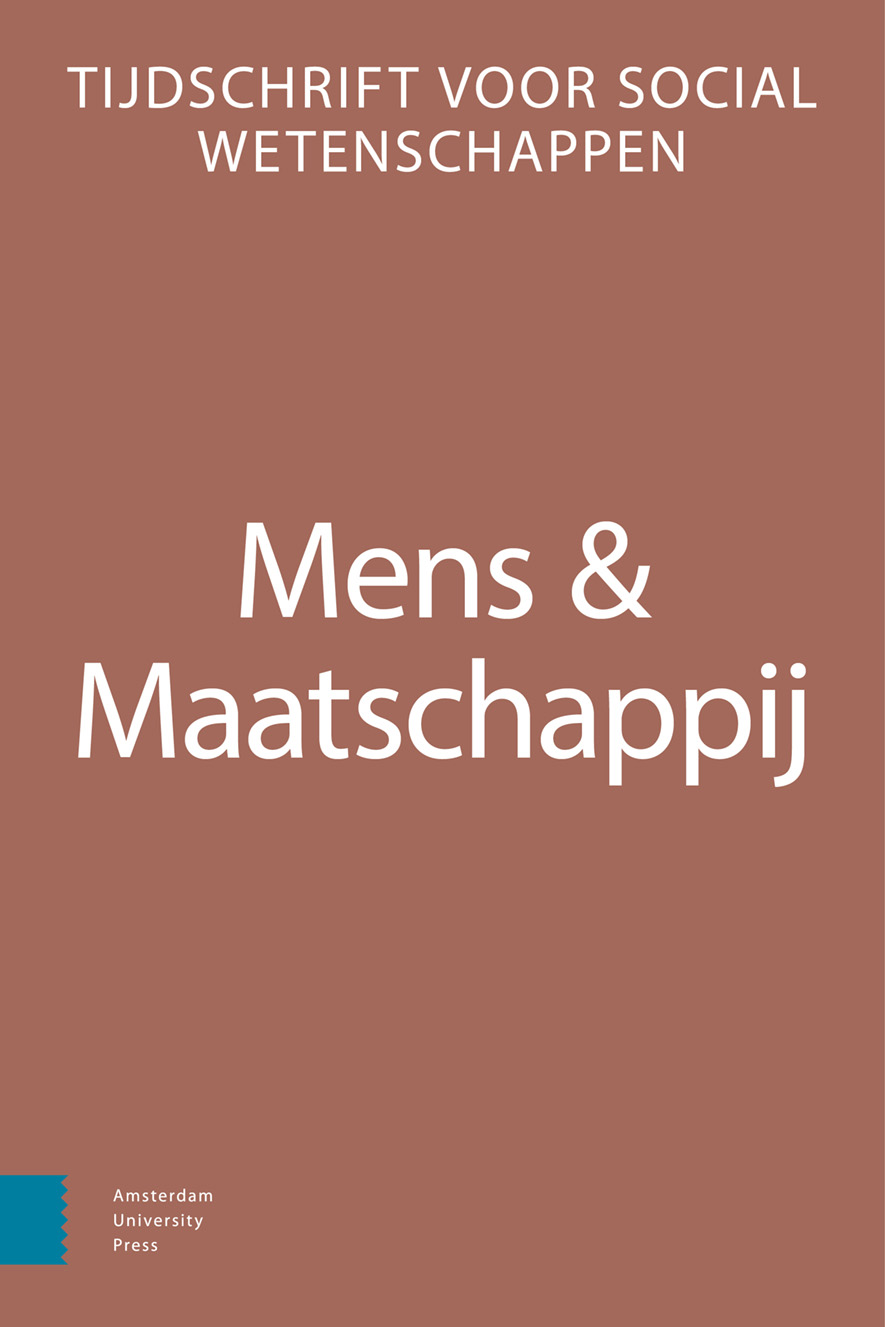-
oa Socialisatieproces of machtspositie? Een onderzoek naar het relatieve belang van het cultureel kapitaal van de moeder en de vader voor het opleidingsniveau van het kind
Winnaar van de Mens & Maatschappij Bachelorscriptieprijs 2022
- Amsterdam University Press
- Source: Mens & Maatschappij, Volume 98, Issue 1, mrt. 2023, p. 3 - 28
-
- 01 mrt. 2023
Samenvatting
Socialization process or position of power? A study into the relative importance of father’s and mother’s cultural capital for children’s educational attainment
In this article we study the relative influence of mother’s and father’s cultural capital on the educational attainment of their children in two-parent families. Based on the cultural capital theory it can be expected that cultural capital of both parents positively affects the educational attainment of their children. With respect to the relative importance of father’s and mother’s capital we derive opposing hypotheses. According to socialization theory mother’s cultural capital is most important, but from theory on relative power and gender roles it can be derived that father’s cultural capital is most important. Furthermore, we expect that having two parents with a lot of cultural capital is especially favourable for their children’s educational outcomes. The hypotheses were tested using data from the Longitudinal Internet studies for the Social Sciences panel. We find a small positive effect of mother’s cultural capital. Father’s cultural capital only plays a role if the mother has very little cultural capital. The capitals of the parents thus compensate instead of reinforce each other.


